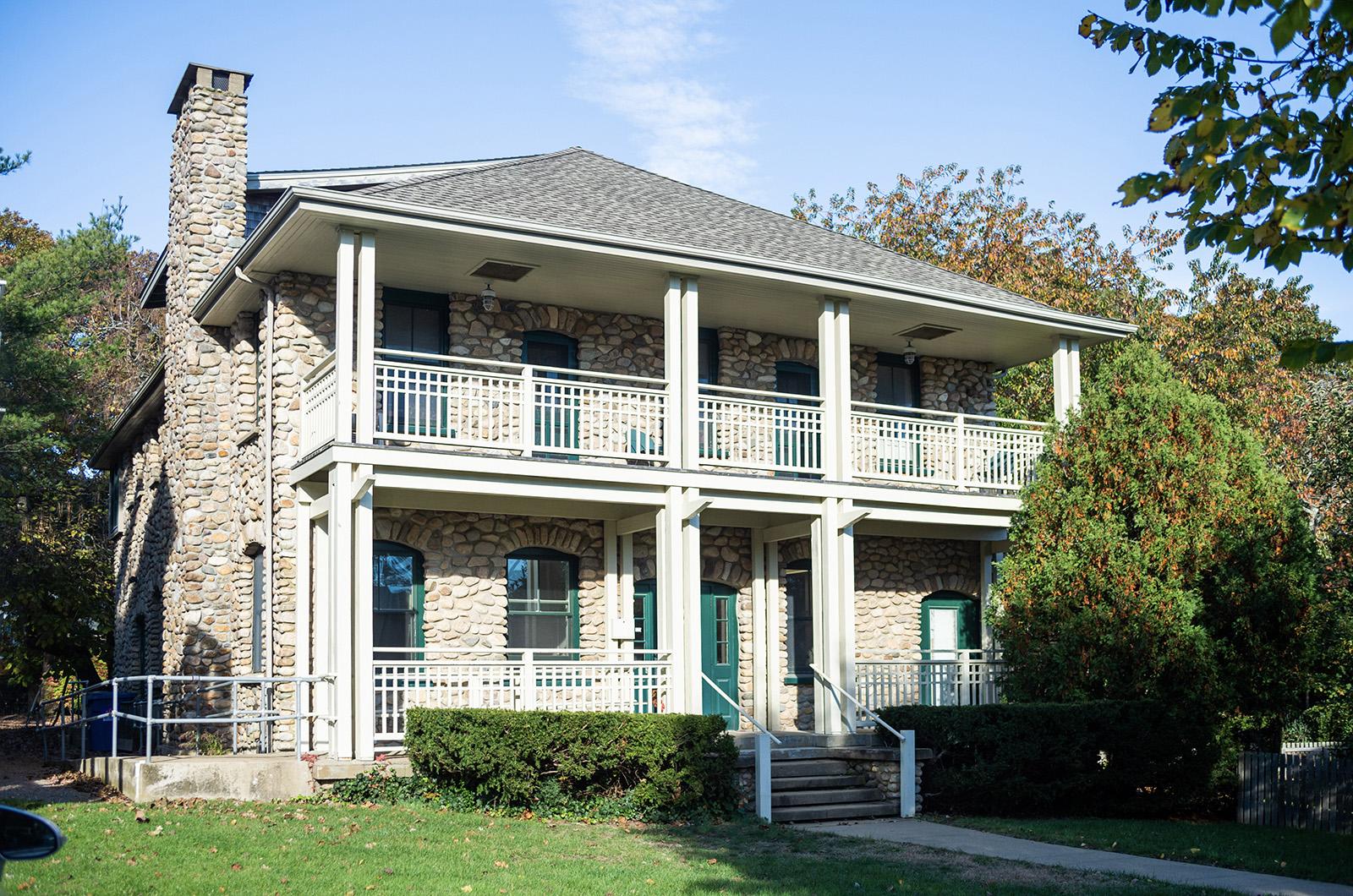It’s been a week of hard truths for the Martha’s Vineyard Commission. An important win in the superior court in the Meeting House case was tempered by a loss in the Island Elderly Housing appeal and a stinging rebuke from the Massachusetts Attorney General for open meeting law violations in connection with the Harbor View out-of-court settlement last summer.
Vested with unique powers by the Massachusetts legislature nearly 50 years ago to protect the Island from overdevelopment, plan for the future and promote a sound economy, the commission is one of our most important government institutions. Without it, the Vineyard would be a very different place.
A series of avoidable stumbles by the commission only give ammunition to critics who say it has abused its power. The MVC needs to take immediate steps to put its house in order if it is to restore public trust.
The commission’s enabling act and the broad mandate it gives the MVC has been repeatedly upheld by the courts, up to and including the state Supreme Judicial Court. Ultimately that’s what held sway for the Hon. Paul Wilson in a ruling this week affirming the commission’s 2020 denial of the Meeting House Way subdivision in Edgartown.
Judge Wilson found the commission had acted well within its authority to deny the subdivision. But calling the case “difficult,” the judge also found the MVC decision was flawed in numerous places, with more than one conclusion unsupported by the facts and others treated superficially.
There were problems on the other side too, the judge found, concluding that the developers had not thoroughly vetted the details of their plan despite numerous revisions.
In the end it was a win for the commission, but hardly a resounding one.
Meanwhile, a different superior court judge this week ordered the commission to revisit its decision on an expansion at Island Elderly Housing’s Aidylberg complex for low-income seniors in Oak Bluffs. After a contentious public hearing process, the commission approved the plan but tacked on a vaguely worded condition that would essentially require a complete redesign of the project. The Hon. Douglas Wilkins sent the case back to the MVC amid strong criticism, calling the process confusing.
“In all but wording the decision is effectively a denial,” the judge wrote.
And if that wasn’t enough, this week the attorney general’s office issued a scathing report that the commission had violated the open meeting law when it met in executive session to discuss a settlement in the Harbor View case. Once again, the MVC was sharply criticized for a series of procedural failings. Among other things, the AG has ordered the commission to produce new minutes for the meeting or face further sanctions for violations.
The MVC is our commission. The Island needed it 50 years ago and it needs it now. Too much is at stake for the commission to make costly mistakes. Legal bills are one thing — inevitably there will be times when the commission must defend itself in court, and the legal expenses are well worth it. That’s the cost of doing business for any planning agency.
But mistakes that cost the commission its credibility are inexcusable. With the Island now facing very real limits on growth, the commission needs to focus on the big picture and ensure that its decisions are clearly justified and thoroughly articulated.







Comments (1)
Comments
Comment policy »